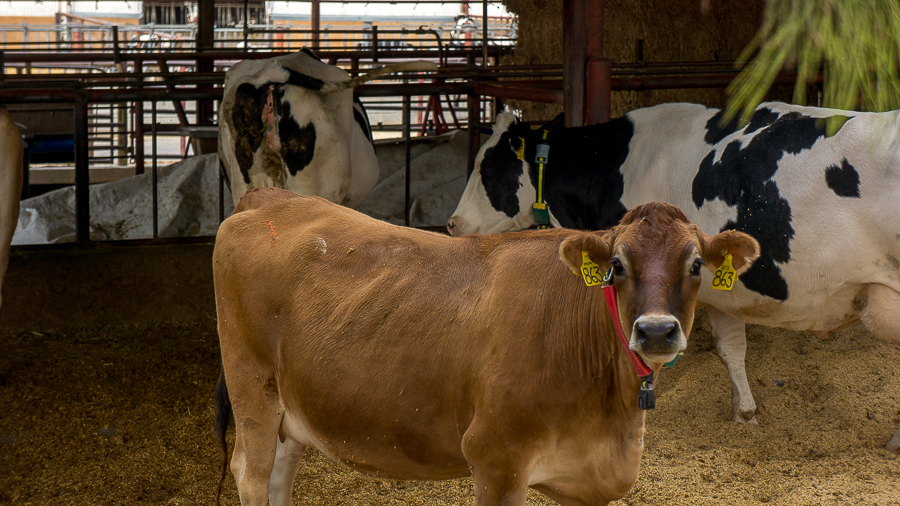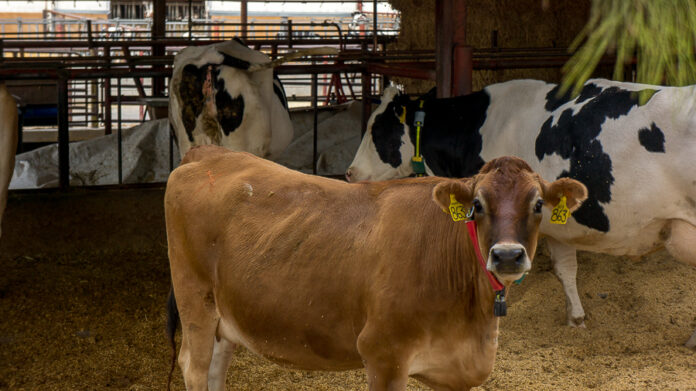
 Finding a sustainable solution for gaseous emissions
Finding a sustainable solution for gaseous emissions
One thing the agricultural sector does not lack is potential. The food production system is constantly evolving and developing the potential to improve practices in order to mitigate emissions. There are countless different ways of bettering agriculture. Today, multiple fields are undergoing vigorous research in order to reach peak sustainability. Researchers are now feeding animals more efficiently in order to improve their energy intake without generating more emissions. Other fields include genetics, management practices and dietary supplementation.
Transgenic animals have been used to reduce methane emissions by targeting microbes that produce methane and have been able to produce milk and muscle more efficiently. Bovine alpha-lactalbumin swine have been genetically engineered with dairy cattle genes in order to be able to produce more milk. This helps wean piglets earlier at higher weights, which improves overall growth efficiency.
Methane, one of the most potent greenhouse gasses, has been at the forefront of sustainable livestock agriculture research.
Dietary manipulation helps reduce methane by providing supplements in livestock diets to reduce methane output. Some of these supplements include nitrates, dietary lipids, bioactive compounds and ionophores. Nitrates act as electron acceptors and have been seen to reduce methane up to 50 percent when added into feed. However, nitrates increased methemoglobin concentration, which is toxic because it replaces iron content in the blood. Dietary lipids, like oils, have also been shown to reduce methane by 4 percent for every 1 percent of fat added to the diet. Distiller grains are the most effective lipids currently being researched. Bioactive compounds, such as tannins, eucalyptus and saponins also reduce methane, and they reduce overall parasite load. Ionophores are antimicrobial compounds that help target bacteria and increase feed efficiency that help reduce methane emissions.
Some management practices that have shown to reduce methane emissions are biotechnology, manure storage and composting. Biotechnology like vaccines have been utilized to suppress methanogens by 8 percent. Types of manure storage help reduce methane emissions for short periods of time. Composting manure helps control odor and eliminate chemical fertilizers for good soil amendment. This helps preserve nutrients, kill pathogens and acts as bedding material.
Livestock agriculture and the food production system are constantly evolving in order to sustain our growing population. Researchers and producers alike are acutely aware of the problems at hand and are working hard to develop potential mitigating steps that might help future generations to come.
So in the future, if you ever find yourself wondering where your food comes from and how your choices might impact the environment, don’t be afraid to do some research. Find out what works for you and the planet, and keep in mind that everything is constantly evolving for the better.
Written by Alice Rocha – asrocha@ucdavis.edu
Disclaimer: The views and opinions expressed by individual columnists belong to the columnists alone and do not necessarily indicate the views and opinions held by The California Aggie.





